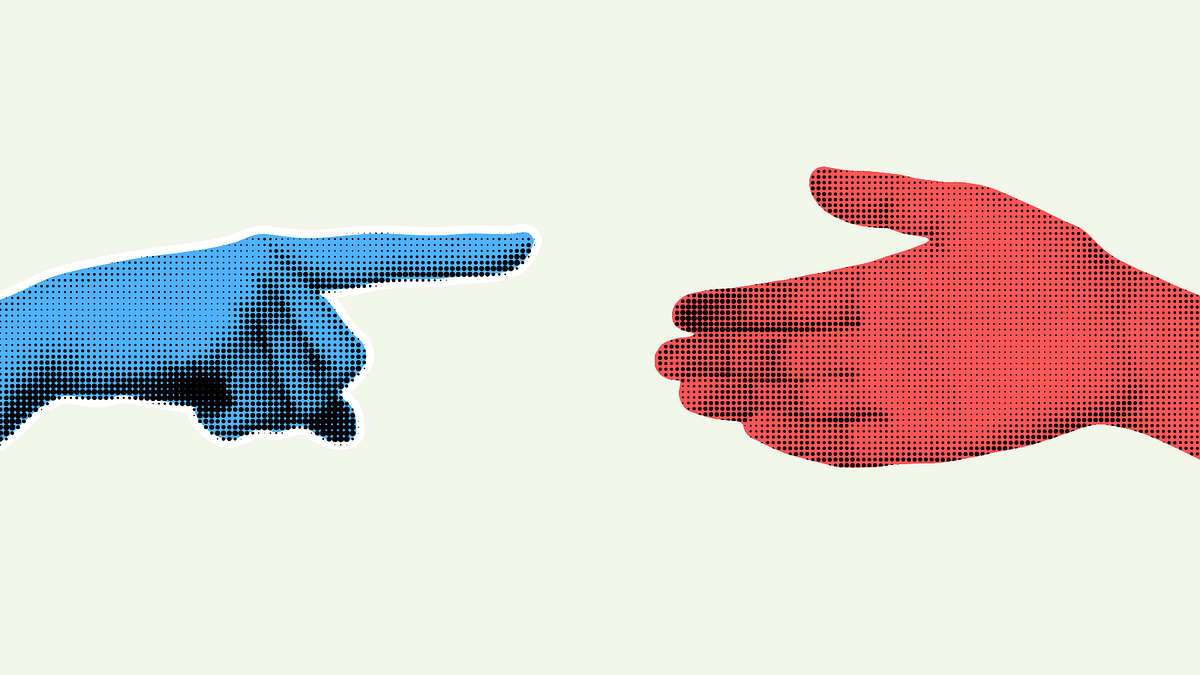
"Ever drink more than you meant to? Have you ever drank even though you know it's negative consequences? Have you been unsuccessful in quitting drinking? Now replace drink/drank/drinking with scroll/scrolled/scrolling. It's little wonder that excessive social media use is often spoken about in terms of "addiction," even if screen addiction is not an officially recognized behavioral disorder. Earlier this month, I wrote about how an emphasis on the design of habit-forming experiences,"
"The short of it is that the average person is spending approximately 5 hours on their phone per day, leading to many believing that their minds and social lives would significantly improve if they could only put down the phone. In order to battle the perceived "brain rot" resultant from mindless scrolling, users reported using various strategies to pull their focus away from their phones. But should this responsibility of the users, or perhaps should the designers of the experience shoulder the burden of creating..."
Infinite scrolling and other habit-forming design patterns have engendered compulsive smartphone use resembling addiction. The average person spends about five hours daily on their phone, prompting many to believe that their cognition and social life would improve with reduced use. Users report mindless scrolling causing perceived "brain rot" and employ various strategies to regain focus. Design elements like endless feeds intentionally extend engagement, creating conflicts between user intentions and actual behavior. Responsibility for excessive use intersects designer choices that optimize retention and user-level challenges resisting compelling interfaces, complicating simple attributions of blame.
Read at Medium
Unable to calculate read time
Collection
[
|
...
]